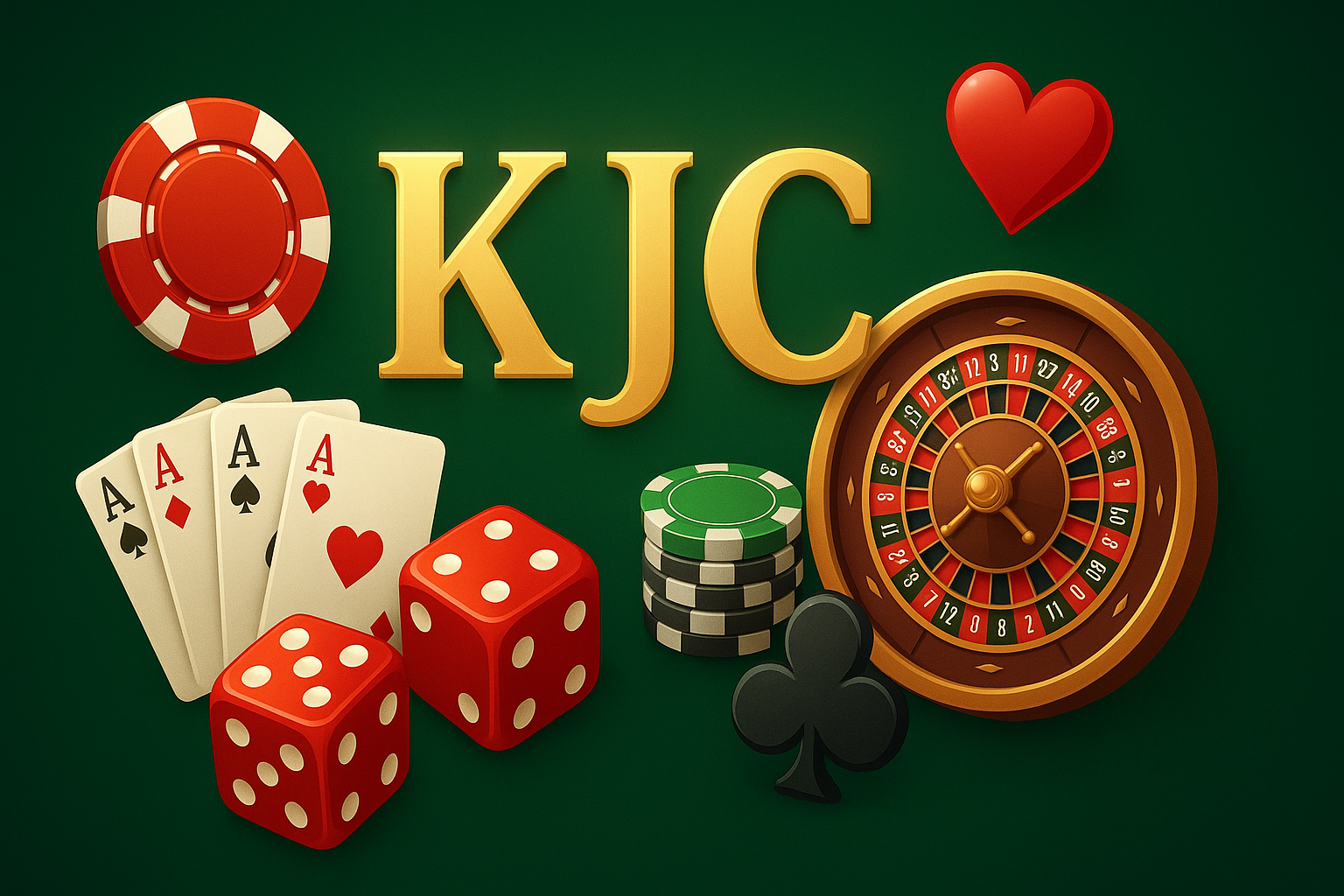Cultural entertainment has always played an important role in shaping identity, building community, and preserving heritage. In today’s modern, tech-driven society, traditional activities are experiencing a remarkable revival thanks to digital platforms. A great example of this transformation is the rising popularity of xóc đĩa, which many users now explore through convenient online platforms like xóc đĩa. This blend of cultural value and digital accessibility shows how tradition can continue to flourish in new environments.
For many generations, traditional games served as the heart of family gatherings and community events. They were enjoyed during holidays, festivals, and special celebrations, creating joyful moments that bonded families and neighbors together. Beyond entertainment, these activities passed down cultural beliefs, values, and shared memories. Even in today’s fast-paced world, people still seek these moments of connection, and digital innovation has made it easier than ever to keep these traditions alive.
One of the greatest advantages of digital cultural entertainment is its accessibility. Traditional games often required a specific setting, a group of participants, or particular equipment. Today, these requirements have been replaced by simple digital access. Whether someone is at home, taking a break at work, or traveling, they can enjoy cultural entertainment at any moment. This flexibility ensures that traditional activities remain relevant in busy modern lifestyles.
Younger generations especially benefit from this shift. Many young people did not grow up experiencing traditional games in their original forms. However, digital versions present these games with appealing visuals, modern design elements, and interactive features, making them more exciting and accessible. This approach successfully introduces traditional entertainment to younger audiences, allowing them to connect with their cultural roots in a way that feels natural and enjoyable.
Learning traditional games has also become more inclusive through digital platforms. In the past, newcomers might have avoided participating because they were unsure of the rules or felt uncomfortable asking for guidance. Digital formats solve this problem by offering clear tutorials, user-friendly instructions, and practice modes that help players grow comfortable at their own pace. As a result, more people can participate, understand, and appreciate the cultural meaning behind the games.
The social aspect of traditional games is preserved in the digital space as well. Historically, these games encouraged people to interact, laugh, and form connections. While in-person gatherings have become less frequent for many, online communities now provide a similar sense of togetherness. Players can join multiplayer sessions, chat with others, and build friendships across regions. This digital environment creates a sense of community that mirrors the lively spirit of traditional gatherings.
Technology also enhances the experience by improving the quality of gameplay. Developers strive to keep the core cultural elements intact while incorporating smooth animations, appealing graphics, and intuitive navigation. These improvements elevate the enjoyment of traditional games without compromising their authenticity. This balance ensures that cultural entertainment remains both familiar and refreshing for players of all ages.
For people living far from their home regions or countries, digital cultural entertainment is particularly meaningful. Playing traditional games can evoke memories of family traditions, childhood experiences, and community celebrations. This emotional connection helps individuals feel grounded and connected to their heritage, even when they are physically distant. These comforting experiences play an important role in maintaining cultural identity in a globalized world.
The widespread use of smartphones has further strengthened the presence of cultural games in modern life. Mobile technology makes traditional entertainment accessible anytime and anywhere. Whether during travel, leisure time, or short breaks, people can enjoy cultural games instantly. This convenience encourages continuous engagement and helps ensure that cultural traditions remain a natural part of everyday life.
Looking toward the future, cultural entertainment in digital form will continue to grow. Advancements in technology will bring more immersive features, vibrant designs, and improved player interactions. These innovations will attract even more users and help preserve cultural traditions for future generations. By evolving alongside technology, traditional games remain alive, meaningful, and appreciated across the world.
Conclusion
Digital platforms have played a vital role in revitalizing traditional entertainment, making cultural games more accessible, enjoyable, and relevant than ever before. By blending heritage with modern technology, these platforms help preserve cultural identity while supporting meaningful connections in a fast-paced world. As digital experiences continue to develop, traditional games will remain a cherished part of life, enriching communities and strengthening cultural bonds for generations to come.
ChatGPT can

